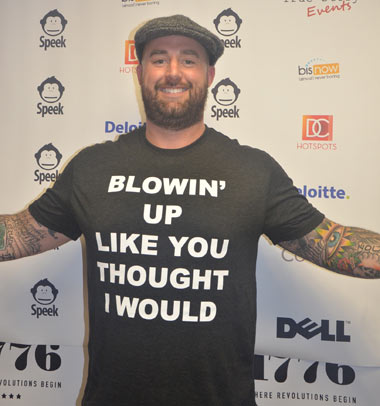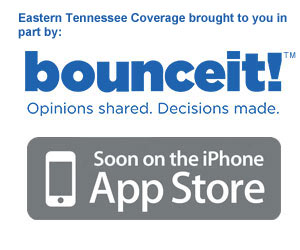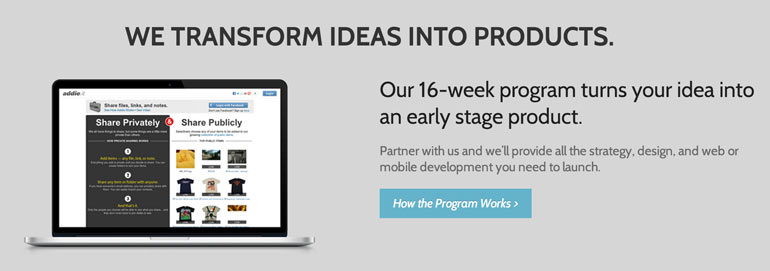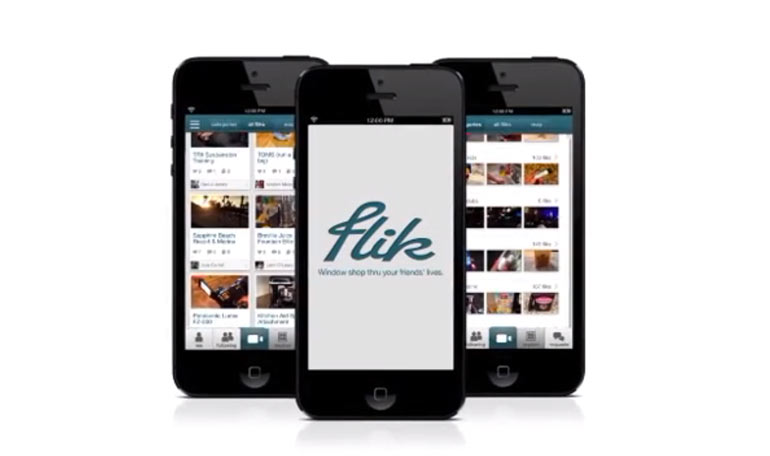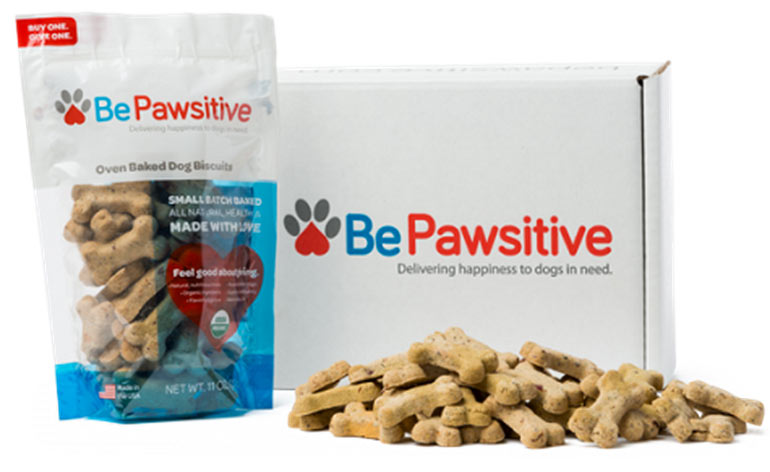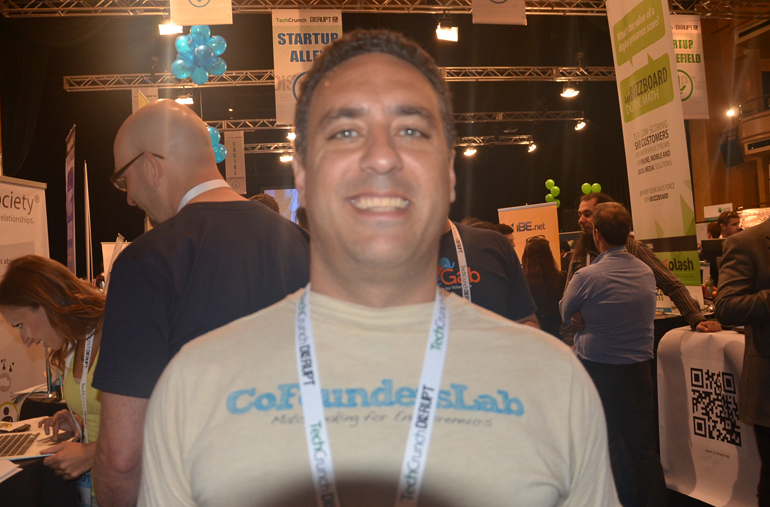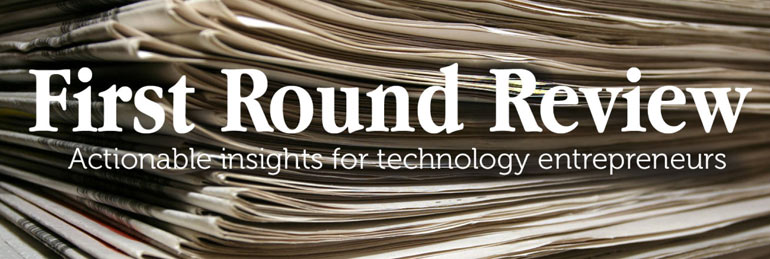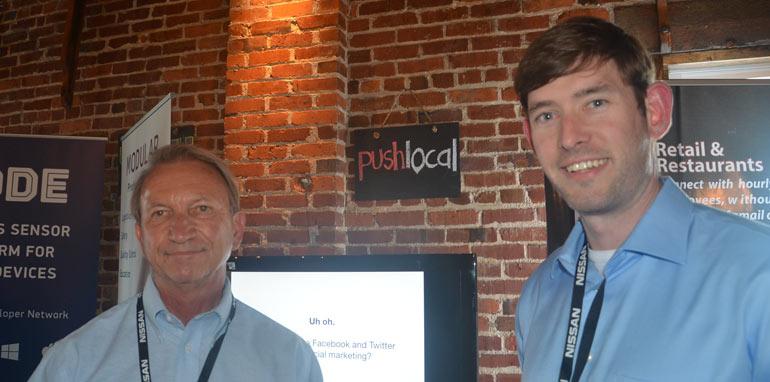When writing for blogs and websites, you may feel like you are entering a world with a different set of rules – especially as you try to understand how to write for SEO.
Do you remember the movie The Matrix? In it, the main character Neo discovers that the world he has been living in is actually an elaborate computer program. When he is rescued and taken to the real world, Neo learns techniques that will give him an advantage whenever he re-enters the matrix.
The following will help you learn some of the rules of SEO and hopefully give you an advantage in your daily online writing. SEO is important, but it can harm you if not done correctly. Relevance is everything, and SEO is a game you need to win at.
What is SEO
SEO stands for Search Engine Optimization. It is a means of boosting your website or blog’s ranking in web searches. The higher you rank, the more likely it is that the person doing the search will actually click on your link.
Identifying your Keywords and Phrases
Perhaps the most important tools that SEO writers have are keywords and phrases. These are words or phrases that a potential searcher might key into a search engine in order to find specific information. For example, if someone was looking for information on vegetable gardening they might search: gardening, vegetable gardening or planting seeds.
You might start by writing a list of all the keywords and phrases you think would be used by the searcher and then work them into your content.
Keyword Density
Don’t let keyword density harm you! Keyword density – how often you use a keyword – will also play a huge factor in your search ranking. But be careful not to overdo this as sites with very high density are likely to be labelled as spam by search engines. Sites that use too many keywords also result in very high bounce rates. These sites are overly optimized and provide low value for the reader. Identify your goals, and if the goal is to keep readers engaged, make sure you are not optimizing purely for SEO, resulting in a quick page view and a bounce.
Content has to be interesting, engaging and relevant. That’s why Markerly weighs page views and engagement rates differently. Some pages with very high levels of page views have extremely low engagement rates – meaning that the real estate is essentially worthless. Other pages with very thoughtful, well-written content have very high levels of engagement and a lower number of page views, but for anyone looking for real impressions, this is the metric to measure.
Links
Have you noticed that more and more websites and blogs are incorporating links to other sites/pages in the body of their content? Using this technique not only makes your site more SEO friendly but if the searcher discovers that a particular blog or site isn’t exactly what he was looking for, it gives you first dibs on directing him to another of your pages (or at least a page that you endorse) rather than allowing him to search again and possibly end up on a competitor’s site.
SEO Plugins
Even the best writers can benefit from a little computer analysis. SEO Plugins are programs that analyze your writing and “do the math” to help determine how SEO friendly your particular content is. They will show you what areas are good and what you could do to beef up your SEO. There are many of these programs and several can be downloaded for free online for bloggers. Markerly optimizes SEO for bloggers with free micro-content a sharing tool that emails bloggers once a week with the most popular words and quotes that readers are copying and sharing. This helps bloggers better understand their audience to write more content that resonates with their reader’s interest levels.
Markerly also optimizes SEO for brands that use Markerly to advertise through content campaigns. Markerly monitors search queries, traffic referrals, most engaged with quotes, specific content shared to social media, copy and paste and keywords and phrases within different demographics and amplifies the reach for brands.
Stay Human
Finally, remember that after SEO has done its job, your reader will be human, meaning, they will either move on to more interesting content or stay engaged. If the writing is boring or difficult to understand your reader will move on. On the other hand, create engaging and useful content and you will keep them coming back for more.
That’s why Markerly ranks engagement over page views when monitoring content campaigns. Markerly tracks when readers are selecting text, hovering over specific content, copying content, right clicking and pinning photos, selecting text, scrolling down the page, sharing to social media, discussing on social media, clicking on links, and more. Markerly knows when content is engaging, when page views are being faked by bots, when content is overly SEO optimized (high drop off rates) and when a writer has successfully done their job.
Before you head back into the Matrix, remember one thing to win at the game: SEO is important, but more importantly, relevance is everything.
Markerly makes publishing tools that we’ve proudly been using since their alpha stage over a year ago. Right click on anything on Nibletz and watch Markerly go to work. For more info visit markerly.com







